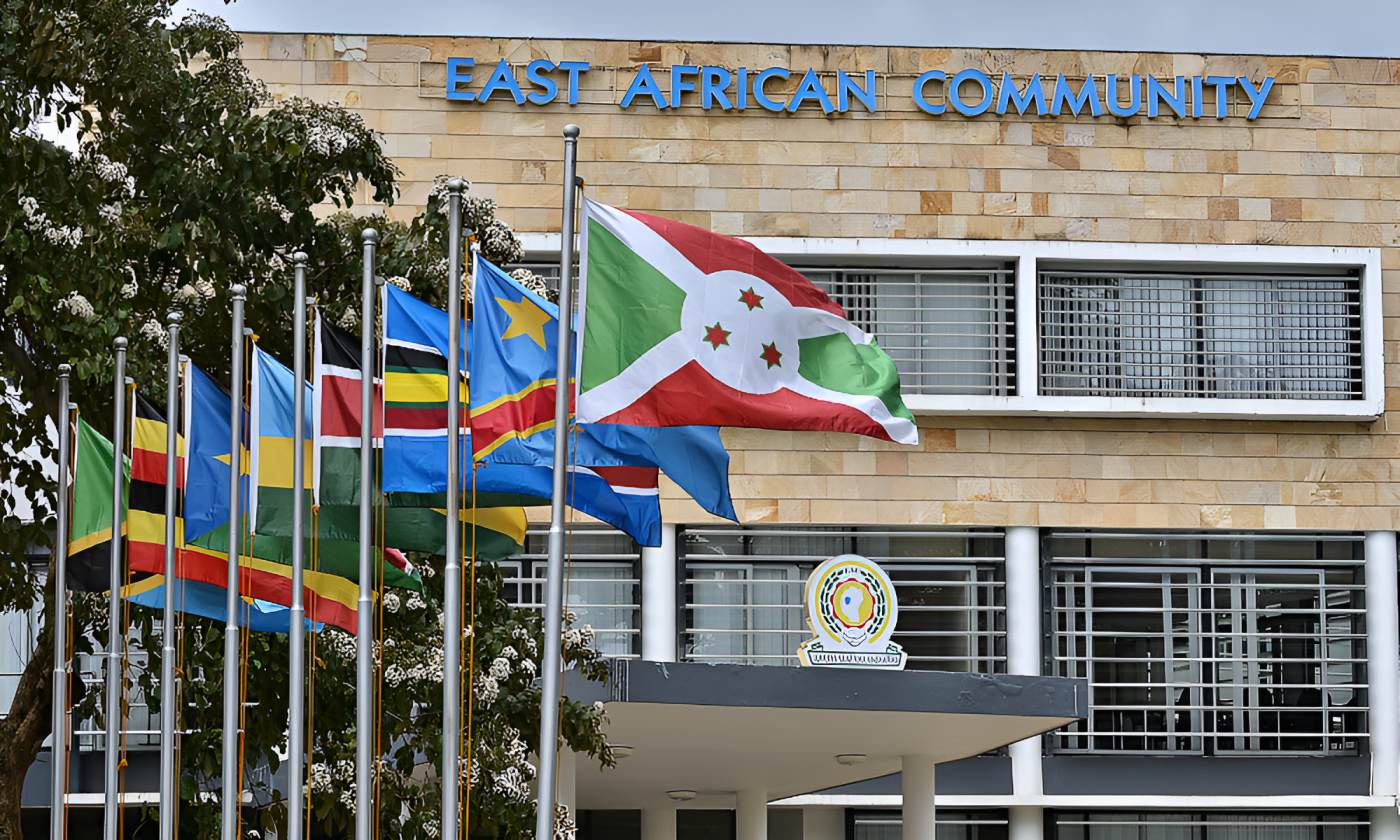The East African Community (EAC) has launched efforts to craft its Seventh Development Strategy a moment ripe for the bloc to shift from ceremonial pledges to impactful, citizen-focused action.
Revived in 2000, the EAC was once seen as a beacon for regional unity and economic synergy.
Its expansion to include Rwanda, Burundi, South Sudan, the DRC, and Somalia has broadened its reach across the continent.
Yet, despite its growth, the bloc risks projecting a façade of cohesion while remaining tethered to foreign economic interests.
The founding goals establishing a customs union, advancing a common market, forming a monetary union, and eventually building a political federation remain largely aspirational more than two decades later.
While bureaucratic structures and political summits abound, East Africans continue to question the everyday relevance of regional integration.
In practice, integration has disproportionately benefited global corporations while sidelining local innovation and entrepreneurship.
Foreign capital continues to pour into key sectors retail, transport, finance, and agriculture but with minimal emphasis on empowering East Africans.
Once-dominant local retailers like Nakumatt and Uchumi have faded, overtaken by multinational chains like Carrefour that wield deep pockets and international supply chains.
Infrastructure projects such as regional railways and highways are predominantly executed by Chinese state-backed entities, which control financing, construction, and profit flows.
Meanwhile, international telecom and banking giants such as Vodafone, Airtel, and MTN dominate the regional landscape, often remitting earnings abroad.
Local startups and SMEs struggle to secure the resources needed to compete.
In agriculture, large tracts of land are leased to foreign agribusinesses for export-oriented farming, pushing out communities and diminishing food security.
Export zones tied to trade deals like AGOA largely cater to global markets and operate with minimal integration into domestic economies.
This model, rather than fostering independence, deepens economic dependency.
Despite rhetoric around Pan-African progress, the EAC’s framework often aligns with donor agendas and foreign priorities.
Weak enforcement of regional trade policies and non-tariff barriers further restrict cross-border commerce for small traders, while multinationals navigate these with ease.
The EAC Secretariat's dependence on external funding limits its policy autonomy and capacity to drive integration in the interest of local populations.
As a result, the integration narrative has become symbolic rather than substantive.

